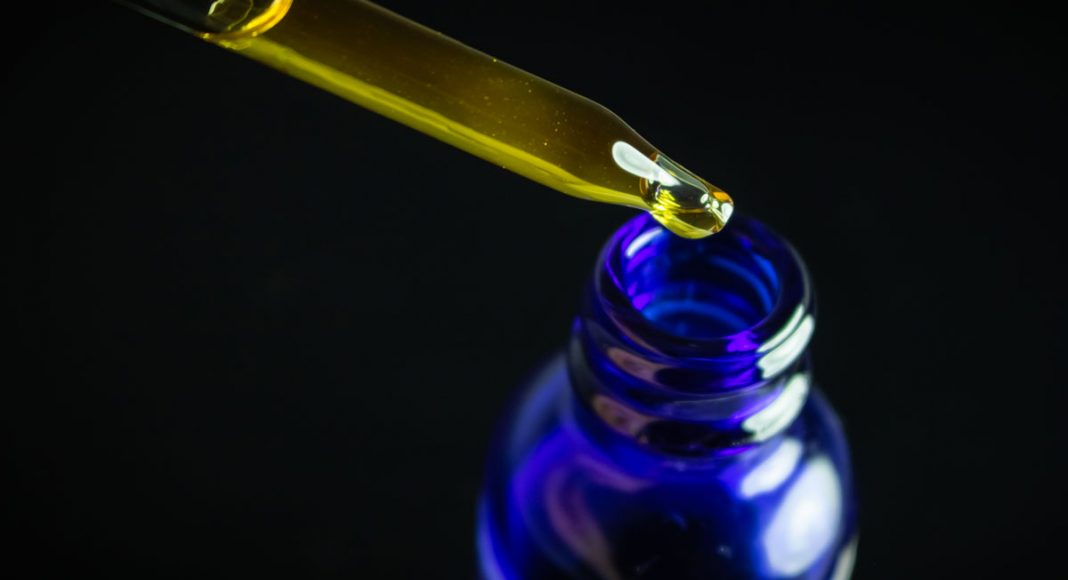Prior research has pointed to marijuana’s ability to treat addiction in myriad ways. Not only have previous studies shown how cannabis can be an exit drugs from opioids, it’s also been proven effective in treating cocaine addiction and alcoholism. Perhaps this explains why consumers are replacing their prescription pills with cannabis, including those taking anti-anxiety meds.
A new study out this week demonstrated that CBD, the non-psychoactive cannabinoid in marijuana and hemp, could assist those with opioid addiction. When given to patients with heroin addiction, CBD helped them experience less cravings when compared to those participants given a placebo. The CBD was also effective in making patients feel more at ease and lessen anxiety symptoms.
“The specific effects of CBD on cue-induced drug craving and anxiety are particularly important in the development of addiction therapeutics because environmental cues are one of the strongest triggers for relapse and continued drug use,” the study’s lead researcher and the Addiction Institute of Mount Sinai director Yasmin Hurd said in a press release.
RELATED: Anxiety And Stress Scientifically Proven To Be Reduced By Cannabis
The study, published in the American Journal of Psychiatry, was a double-blind, placebo-controlled trial involving 42 men with known heroin addictions, but weren’t taking methadone or buprenorphine, two substances known to treat opioid addiction. None of these men were taking heroin or opioids at the time, and randomly divided into three groups—one collective taking pills containing 800 mg CBD, another with 400 mg CBD pills, and finally a placebo group.
Over the course of two weeks, individuals were shown various images that would test their potential cravings and overall mood. Some media participants saw included nature videos while other pictures shown were associated with drug use, like needles or packets filled with substances resembling heroin. Afterwards, individuals were asked to rate their heroin cravings, as well as their anxiety levels.
The groups that had taken CBD reported less cravings and anxiety on average compared to the placebo group, though the difference between the two CBD groups was insignificant. In addition, more objective measurements like heart rate and cortisol levels in saliva (which can be used to evaluate acute stress) were also down.
RELATED: How Marijuana Helped Me Overcome My Addiction To Pain Pills
“Our findings indicate that CBD holds significant promise for treating individuals with heroin use disorder,” Dr. Hurd said. “A successful non-opioid medication would add significantly to the existing addiction medication toolbox to help reduce the growing death toll, enormous health care costs, and treatment limitations imposed by stringent government regulations amid this persistent opioid epidemic.”
While the authors caution this is an “exploratory” study, the scientific community remains encouraged by the results. To continue their findings, Dr. Hurd and her team will next explore CBD’s effects on the brain and the second will focus on more specific CBD formulas to treating opioid addiction.


